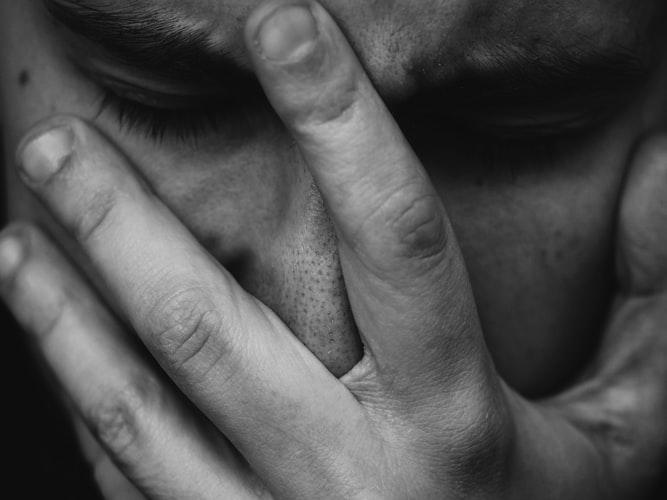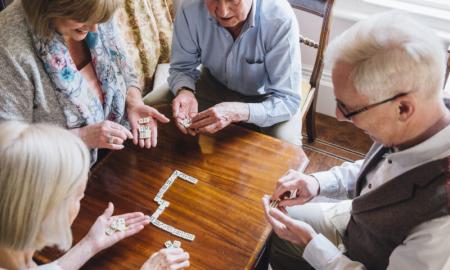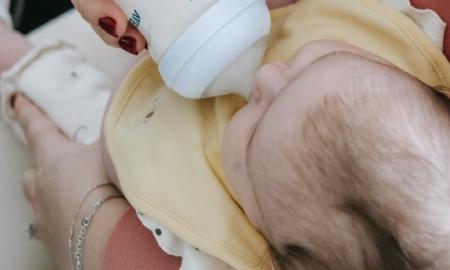If you think you may have an addiction to substances, be it drugs, solvents, or alcohol, it can feel isolating and frightening. If you believe you have an addiction or a problem with substance misuse, there are steps you can take to put you on the path to recovery.
What Is an Addiction?
An addiction can often be defined by a loss of control. It causes you to do something repeatedly, without much control over your actions, to the extent that it could be causing you mental and/or physical harm.
Addictions often involve drugs and alcohol; this is known as substance addiction, but it’s possible to become addicted to almost anything:
- Drugs
- Alcohol
- Nicotine
- Gambling
- Sex
- Work
- Internet use
Signs of Addiction
If you feel you are unable to control yourself when it comes to drinking, gambling, taking drugs, and so on, you may have an addiction.
Other signs and symptoms of addictive behavior include:
- Lack of socialization—you may be isolating yourself from loved ones.
- Withdrawal symptoms. These are usually physical symptoms, such as headaches, nausea, or tremors, that occur during a period without using substances or smoking a cigarette, for example.
- Insomnia and disrupted sleep.
- Not having any interest in activities that you previously enjoyed.
What You Can Do
If you are exhibiting symptoms of addiction or you feel that your use of drugs and alcohol or your reliance on something else is taking over your life, there are steps you can take to help yourself.
Accept You Need Help
For many people, it’s incredibly difficult to admit even to themselves that they may be struggling; admitting you have a problem is the first step to recovery.
Talk to Someone You Trust
Once you’ve decided to start seeking help for your addiction, the next thing to do is to talk to somebody you trust about what you’re going through.
Some people choose to talk to a trusted family member or a close friend. If your friends and family are unaware of your issues with addiction, it can be a difficult conversation, but if you have someone close and nonjudgmental to turn to, it’s helpful and liberating to talk to someone with your best interests at heart.
Alternatively, you may prefer to start by talking to a medical professional. Talking to a doctor about your addiction struggles is always a good idea; they can provide practical advice and help from a neutral and unbiased point of view.
Consider a Facility
If your struggles with addiction are becoming harder to cope with, your doctor may recommend that you visit a residential rehabilitation facility. Harris House is one such facility. They specialize in alcohol and drug addiction rehabilitation and offer both inpatient and outpatient programs, as well as transitional housing to help you make your move back to everyday life at a healthy pace.
Find a Sponsor
Once you’re in recovery, you may find it helpful to find someone to ‘sponsor’ you. Sponsorship is a system through which someone who has made good progress in their recovery can act as a sponsor for someone who is attempting to get sober.
Closing Summary
Recovery from addiction can be a long and difficult process, but help is available, and you don’t have to go through it alone. Make sure to follow the above advice in this guide and always talk to your doctor or someone close to you as soon as you feel able to, and you’ll be on the right track.







